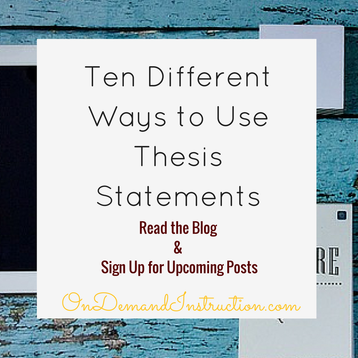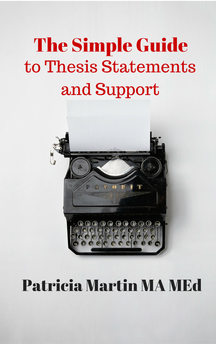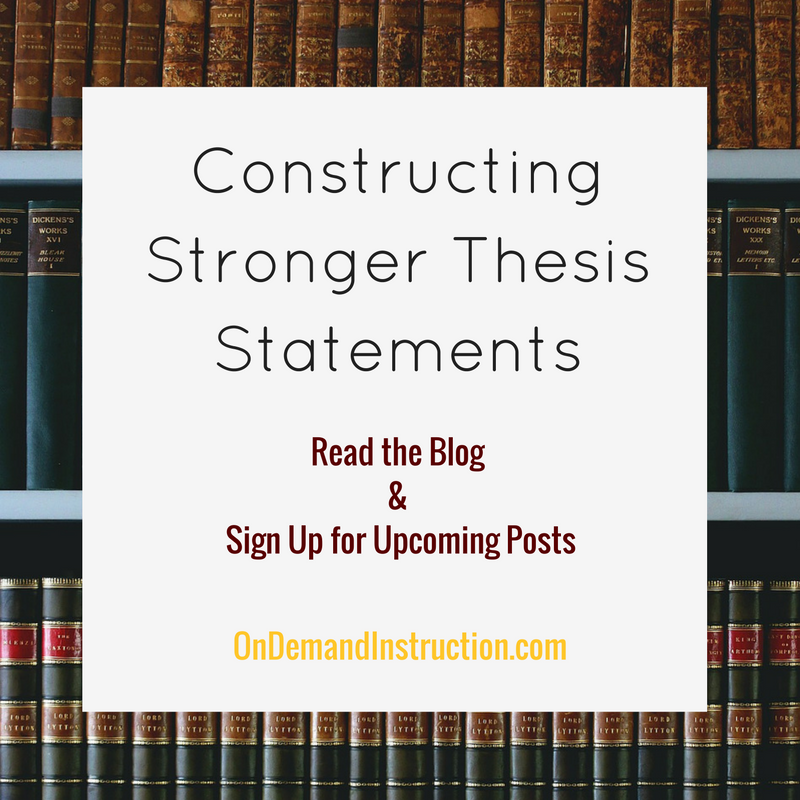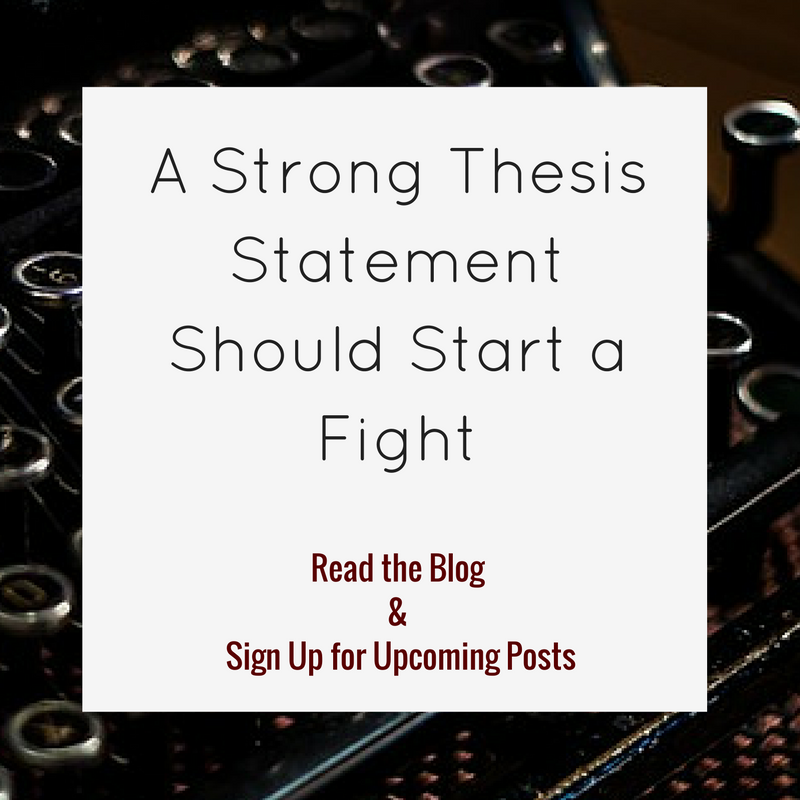
Before writing a thesis statement, consider the purpose of the writing.
Why are you composing the piece? Is it a letter to convince a representative to agree with a policy? Is it a cover letter for a job application? Is it an essay to explain a topic’s true meaning? Or perhaps an editorial for a newspaper? Your thesis needs to match the purpose of the writing so that the communication is clear and effective.
Where Can Writers Use Thesis Statements?
1. In Analytical Essay An analytical essay is usually assigned as a class requirement in high school or college. The ultimate purpose of an analytical essay is to inform the reader on the writer’s findings and analysis. The important parts of an analytical essay are: 1) Introduction, 2) Statement of the issue, 3) body paragraphs, and 4) conclusion. This can be given to high school but college students are expected to present a more detailed essay format. 2. In Book Review Book reviews typically assess how effective the author is in delivering contents of the book. The purpose of writing a thesis statement in a book review is not to persuade but to give a clear overview of the content. 3. In Research Writing Formulating a thesis statement in extended writing requires some scientific research. It requires several steps such as: 1) formulate hypotheses or questions, 2) provide evidence, and 3) construct thesis statement. The research questions serve as a guide in exploring different views to arrive at a conclusion or thesis statement. The thesis is always a result or outcome of the research not the starting point of the research. 4. In Short Responses A thesis statement can be included in short responses. Similar to an essay, short responses use an introduction, body, and conclusion but are composed of one to three paragraphs. These are commonly used in elementary and high school essays. In the professional world, we use short answers to write emails, professional memos, and quick responses.
5. In Blog Posts Thesis statements in expository writing aim to explain and not to persuade. There are four styles in presenting a thesis statement in expository format. Expository writing is the most widely-used writing format, and we see it every day. Journalism articles, blog posts, and reviews are all forms of expository writing, because the writer seeks to explain something. Bloggers who focus on the expository nature of the thesis will have an easier time composing. 6. In Short Stories Thesis statement in narrative format aims to engage and entertain the reader. It should sound as if you are narrating a story. Thesis statement in narrative format should provide some context, purpose, and get the attention of the reader. If you have ever seen the old Rocky and Bullwinkle cartoons, they always ended with a moral or purpose to each story; this was the thesis or point they were making with the episode. 7. In Comparison and Contrast Writing It is rather challenging to write a thesis statement when making comparison and contrast statements. But, readers can understand better when you present the similarities or differences rather than trying to write about both. Thesis statement in this format appears to be more interesting for the readers. Have you ever read a review of two cars showing off their features? That was an example of comparison and contrast writing in action. 8. In Sales Pitches Have you ever gone onto a website looking for a particular product? You may have scanned over multiple descriptions on different websites to figure out which one would work out best for you. Well, there are thesis statements embedded in sales descriptions. Why? It is because marketing professionals want to persuade you to buy their products. The one with the best, most persuasive thesis and description gets your business. 9. In Professional Emails The key to presenting a good thesis statement in professional writing is to know your audience. Thesis statements in professional writing do not differ from others. But, when you have identified your audience, you can easily manipulate your writing style. Always be conscientious about how your recipient may take an email. Writers want to be either persuasive or expository with a tone and style that appeals to their audience; you want to pull in your customers and increase their interest. 10. In Personal Letters Even personal writing can include a thesis statement. When you are having a hard time and are in need of help, letting someone know in a letter what is happening with a thesis statement and clear support can go a long way in communicating your needs. When writing a letter sharing happy news, a thesis can let friends and family know that the new baby arrived, the new house is purchased, or the new business is on track. A thesis statement varies depending on the writing format. It is important to identify the purpose of your statement, to know your target readers, and to be flexible in your writing style. Understanding what a thesis statement is, how to construct one, and how to defend one can be a real life saver for any writer. Related Blog PostsComments are closed.
|
About the SiteWelcome, Writers! Archives
September 2023
|





 RSS Feed
RSS Feed